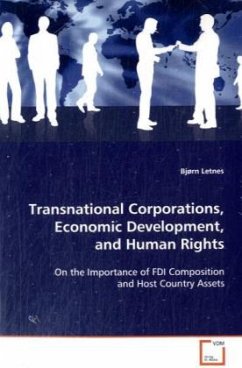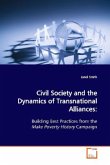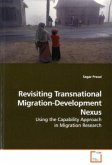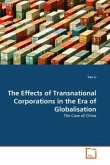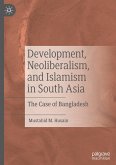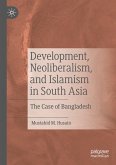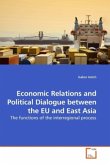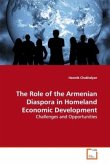The main objective of this work is to examine how
the free markets superior agent, the transnational
corporation (TNC) affects economic development and
human rights conditions in the developing world.
The book expands on an emerging tradition that
highlights the importance of context and
conditionality, and argues that the effects of TNC
activity in developing countries are dependent upon
both TNC and host country characteristics. By
combining statistical methods, fuzzy-set methods,
and comparative case studies, the book finds that
foreign direct investments (FDI) can help generate
economic growth (a growth that will increase the
country s economic standing over the long run), and
this potentially positive influence on the level of
economic development can again have a positive
influence on a host country s level of human rights.
This conditionality manifest itself in the policy
implications: FDI in the secondary and tertiary
sectors should be encouraged insofar as the context
is benign. That is, insofar as a host country is
characterised by high rates of domestic investments,
high institutional quality, and high levels of human
capital.
the free markets superior agent, the transnational
corporation (TNC) affects economic development and
human rights conditions in the developing world.
The book expands on an emerging tradition that
highlights the importance of context and
conditionality, and argues that the effects of TNC
activity in developing countries are dependent upon
both TNC and host country characteristics. By
combining statistical methods, fuzzy-set methods,
and comparative case studies, the book finds that
foreign direct investments (FDI) can help generate
economic growth (a growth that will increase the
country s economic standing over the long run), and
this potentially positive influence on the level of
economic development can again have a positive
influence on a host country s level of human rights.
This conditionality manifest itself in the policy
implications: FDI in the secondary and tertiary
sectors should be encouraged insofar as the context
is benign. That is, insofar as a host country is
characterised by high rates of domestic investments,
high institutional quality, and high levels of human
capital.

